Literature
The unit for grades 2–3 uses an inquiry-based approach to investigate literature in an interdisciplinary, multicultural curriculum. The guiding theme of this unit is the recognition of change as a concept that affects people and their relationships to the world around them. An open-ended approach to the discussion process is emphasized in the search for meaning in literature selections such as Aesop’s fables, The Green Book, Bringing the Rain to Kapiti Plain, and “The Ugly Duckling.” Vocabulary development, writing activities, oral communication, research, and reasoning are integrated into the unit.
Reading: Jacob’s Ladder is a learning journey for students which begins with targeted readings from fables, myths and nonfiction sources and moves through an inquiry process from basic understanding to critical analyses of the texts read. There are five levels available that are targeted to students in grades 2 to 9, but can be used at different grade levels depending on student ability. The units are designed to enhance reading comprehension. Tasks have been organized by skill ladders with questions and activities within each. Ladder rungs are organized to increase complexity in intellectual demand. The skill ladders in Jacob's Ladder correspond with the higher level, critical thinking skills targeted in the William & Mary language arts units
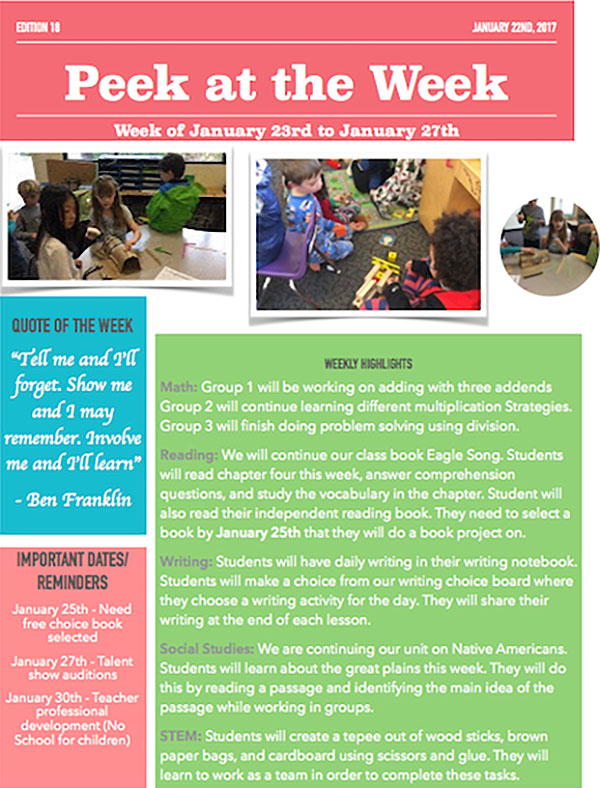
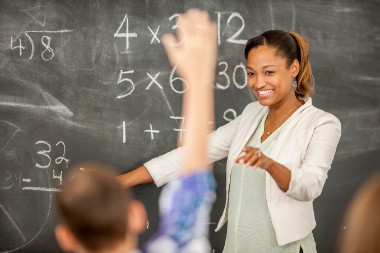
Mathematics
Spark the visual learning of students in grades 2–3 with Spatial Reasoning, a mathematics unit for high-ability learners. Gifted students demonstrate an advanced aptitude for spatial reasoning at early ages, and they require more complex lessons than what the standard curriculum provides. This field-tested unit approaches spatial reasoning through one-dimensional, two-dimensional, and three-dimensional tasks that will engage students.
Science
Plans for building a children’s camp at the beach are on hold because the town council is worried about beach erosion. Because the camp received a large donation to develop nature-themed experiences, designed to teach children how to protect the environment, the camp manager wants to cooperate with the council. The problem is that she must begin construction quickly to be ready for the summer season. Acting as members of the town council, students in grades 1–3 must develop scientifically based regulations that will satisfy the long-term needs of the town and the plans for the new camp.
Weather Reporter provides students in grade 2 with opportunities in a scenario-based approach to observe, measure, and analyze weather phenomena. The overarching concept of change reinforces students’ decisions as they learn about the changes in the Earth’s weather and observe, measure, and forecast the weather.
What’s the Matter? asks students in grades 2–3 to work on solving real-world scenarios by using their newly discovered knowledge of matter, the measurement of matter, and change in physical properties. At the end of this 15-lesson unit, students present their data in a classroom science conference.
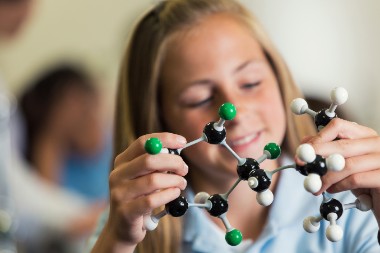
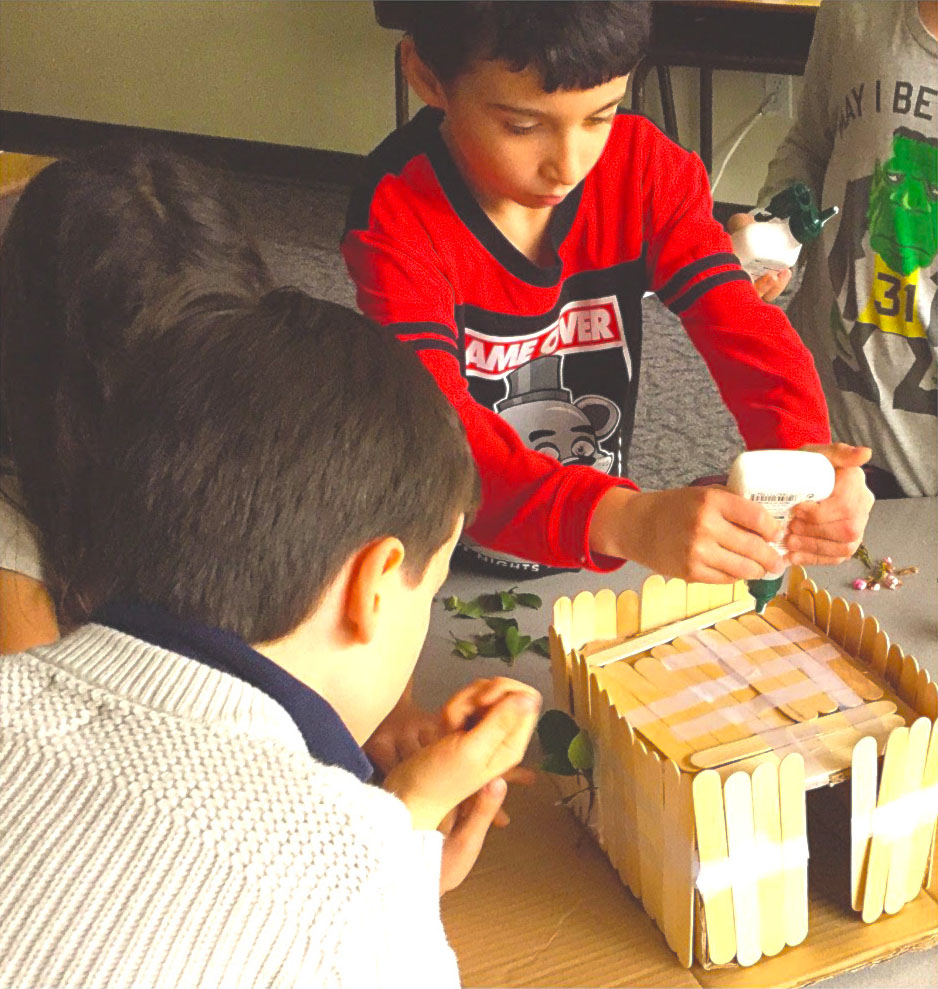
Second and third grade learners, in history class, build small scale replicas of longhouses, homes inhabited by the Iroquois tribes who lived in villages in the Northeastern U.S. close to 4,000 years ago.
History
Ancient Egypt - This unit for students in grades 2–3 is designed around the idea that human civilizations develop and sustain themselves as a collection of interdependent systems. The civilization of ancient Egypt forms the central content of the unit, with exploration of systems of agriculture, economics, language, and leadership in this ancient culture. The unit also provides opportunities for students to broaden their understanding by comparing the ancient Egyptian civilization with aspects of their own lives and communities. This unit may be used in conjunction with Ancient China: The Middle Kingdom for a broader exploration of ancient civilizations.
Ancient China - The concept of systems is the foundation for this unit, which explores ancient China to demonstrate the interdependent systems that develop and sustain a civilization. The unit explores systems of agriculture, language, leadership, and trade in ancient China, using models for reasoning and document analysis to support student understanding. Students in grades 2–3 also have opportunities to broaden their understanding by comparing the ancient Chinese civilization with aspects of their own lives and communities. This unit may be used in conjunction withAncient Egypt: Gift of the Nile for a broader exploration of ancient civilizations.
Social and Emotional
TOOLBOX™ is a Kindergarten through 6th grade program that supports children in understanding and managing their own emotional, social, and academic success. The foundation of TOOLBOX is 12 human capacities that reside within all of us. Through its simple and profound metaphor of Tools, TOOLBOX brings forward a set of skills and practices that help students access their own inner resilience at any time, in any context.
Children learn 12 simple yet powerful Tools. With practice, these Tools become valuable personal skills: self-awareness, self-management, and relationship-building which, in turn, foster responsible decision-making. Because the techniques are simple and the language is shared, children adopt the Tools and master them quickly. TOOLBOX begins with a teacher providing instruction on how to use the Tools. Through modeling and daily classroom practices, the teacher subsequently supports his/her students to use the Tools to build self-knowledge and self-trust. Schools note rapid improvements in communication, civility, and conflict resolution in the classroom, on the playground, and across the entire school community. Providing parents and caregivers with the Tools and information on how to incorporate the practices into the home setting allows for continuity and reinforcement of skills for students.
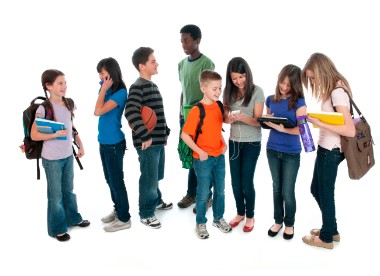

Foreign Language
At Oak Crest Academy, we recognize that the ability to speak more than one language considerably heightens one’s ability to learn, lead, and love. Every day, our nurturing educators teach grade-level curriculum in Mandarin and English, to children who are as diverse as they are curious about the physical world they live in.
Foreign Language involves the instruction of academic subject areas through a target language, such as Mandarin, for at least 50% of the school day, and English for the other part of the day. Foreign Language teachers speak only the target language and use a variety of techniques to ensure that the students understand the concepts and directions. In K/1 our students are exposed to Mandarin in language class, as well as other classes throughout the day.
Physical Education
Daily activity and nutritional choices are central to balanced, healthy lives. Not only do students have formal PE classes twice a week, teachers incorporate movement into their lessons.
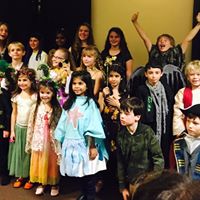
Project Based/Co-Curricular
During this time, classes are focused on class-wide or individual projects as well as offering co-curricular options like computer programming, arts, theater, music, Odyssey of the Mind, gardening, cooking, study hall and more.
*Please note that units fluctuate each year and every unit is not taught each year.
Is a Gifted Program Right For Your Child?
Contact Us Today to Take the Gifted Child School Readiness Quiz
Identify goals, strengths and important facts about gifted child education so you can make an informed decision for your family. Contact Us Today.
Lower 2/3 Daily Schedule
8:30-9:00 AM
Morning Connection/Social & Emotional Learning
9:00-9:45 AM
Math
9:45-10:30 AM
ELA/History Rotation
10:30-10:45 AM
Break
10:45-11:15 AM
Science/Odyssey of the Mind Rotation
11:15-12:00 PM
Foreign Language/Cultural Exploration/Healthy Minds Healthy Body Rotation
12:00-12:45 PM
Lunch
12:45-1:45 PM
PE TTH/Co-Curricular Rotation
1:45-3:00 PM
Innovation/Projects




